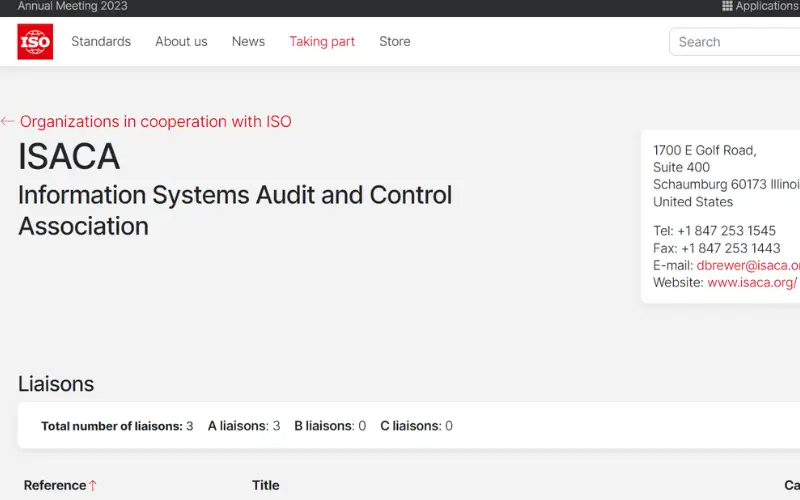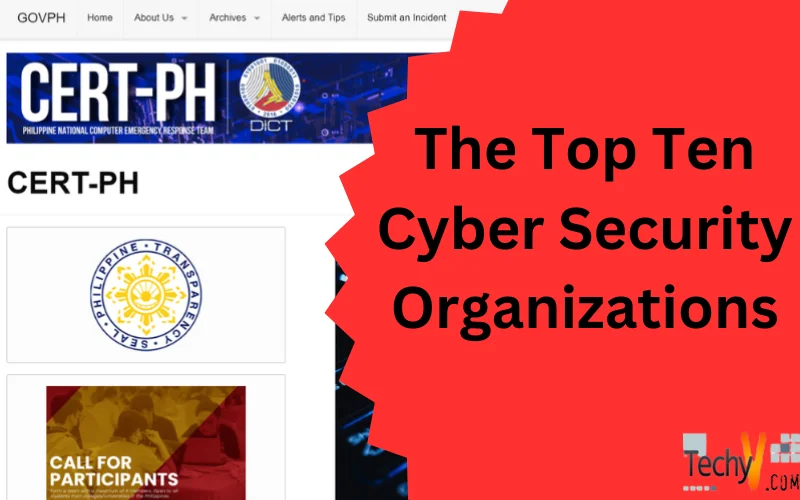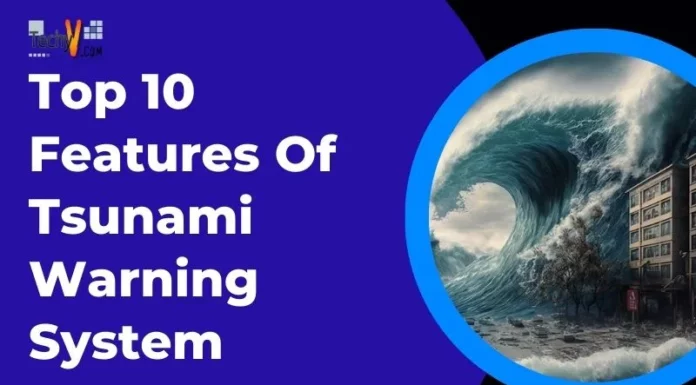Cybersecurity has always been an area of importance. Our lives are now deeply intertwined with technologies and the internet, posing both opportunities and risks. Unfortunately, there are individuals with intentions who take advantage of this interconnectedness to target systems and steal sensitive information. Each year, cyber-attacks become increasingly sophisticated and frequent as hackers continually develop techniques. This does not pose a threat to individuals. Also to large organizations and critical infrastructure.
To effectively counter these evolving cyber threats, a comprehensive approach is essential. It involves implementing security protocols, diligently monitoring networks for any anomalies, promptly addressing vulnerabilities through patching, educating users on identifying phishing attempts, and fostering collaboration across industries and national borders.
Leading the charge in these efforts are organizations such as Microsoft, Cisco, IBM, and the Department of Homeland Security. They employ security engineers and researchers who remain one step ahead of cyber criminals by using innovative solutions and sharing valuable information.
In today’s landscape, strong cybersecurity practices have transitioned from being a best practice to an absolute necessity.
Here Are The Top Ten Cyber Security Organizations Working For Safer Internet
1. NSA (National Security Agency)
The NSA, being the organization for signals intelligence on behalf of the United States government, takes the lead in safeguarding communication and information systems used by the government. With a workforce of more than 35,000 individuals, the NSA collaborates closely with agencies and private entities to detect cyber threats, create protective technologies, and carry out necessary cyber operations.
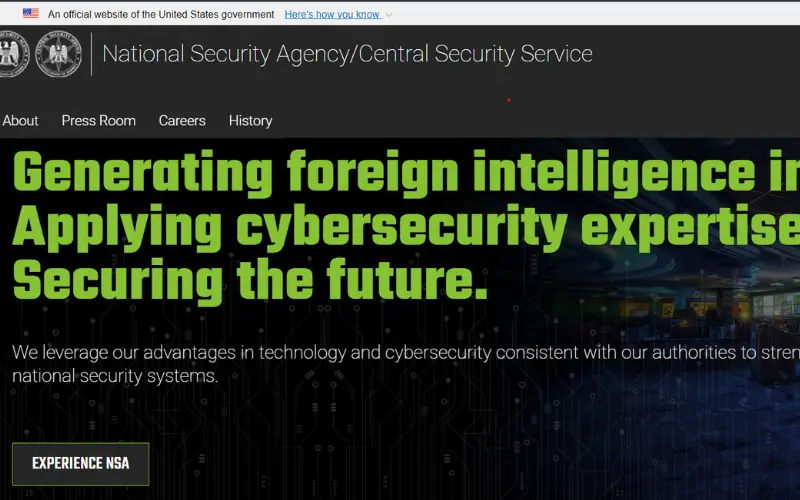
2. FBI (Federal Bureau Of Investigation)
The Cyber Division of the FBI is responsible for looking into cybercrimes such as hacking, financial fraud, and threats to infrastructure. More than 4,000 FBI personnel are dedicated to addressing cyber security concerns. They collaborate with law enforcement agencies. Share information with other government entities. Additionally, the FBI ensures awareness of emerging cyber threats through announcements and educational materials.
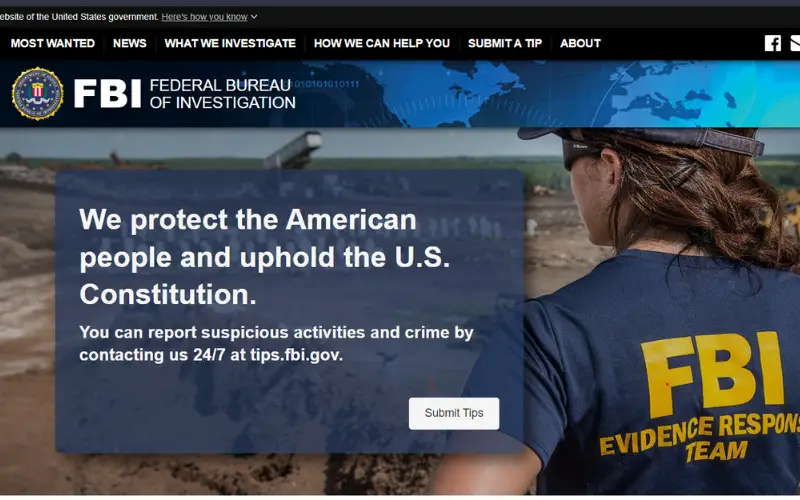
3. CERT (Computer Emergency Response Team)
CERT, a division of Carnegie Mellon University’s Software Engineering Institute, focuses on enhancing cybersecurity by coordinating measures against attacks, conducting research on emerging threats, and promoting the exchange of security practices. The organization runs the CERT Coordination Center, which facilitates collaboration among experts from sectors such as industry, government, and academia to swiftly respond to cyber incidents and aid in the recovery of affected organizations.
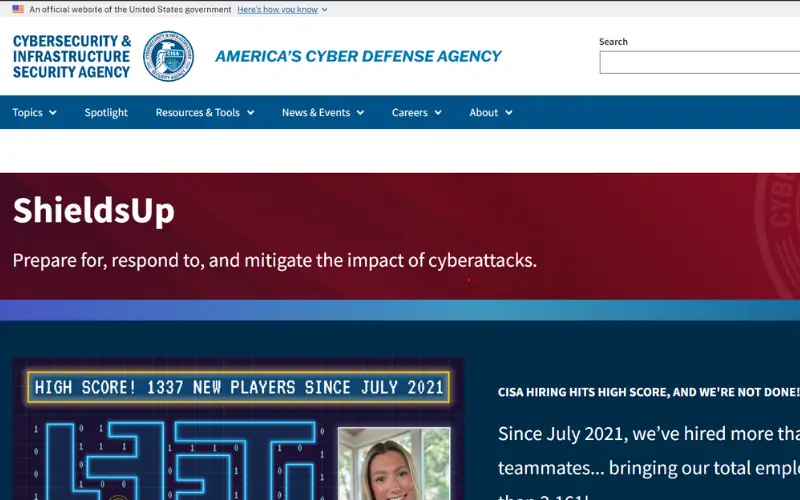
4. Europol
As the European Union’s law enforcement agency, Europol brings together cyber specialists from each EU country to tackle cross-border cybercrime. Their European Cybercrime Centre collects cyber-attack data provides technical and analytical support during investigations, and runs training programs to strengthen member states’ capabilities. Europol also issues annual reports analyzing trends in cybercrime affecting Europe.

5. Interpol
The International Criminal Police Organization facilitates global cooperation against international cybercrime. Interpol Cybercrime Threat Response team provides early warning notifications of threats, assists investigations, and develops tools like a database of known cybercriminal identities and stolen credentials. They conduct operations targeting criminal organizations and work to prevent the misuse of technology by terrorists and other threats.

6. NCSC (National Cyber Security Centre)
Part of GCHQ, the NCSC is the UK authority on cyber security. They provide advice and assistance to protect the government, citizens, and critical infrastructure. The NCSC issues guidance on best practices, monitors threats, and coordinates incident response nationally. They also run public awareness campaigns and work with private sector partners.
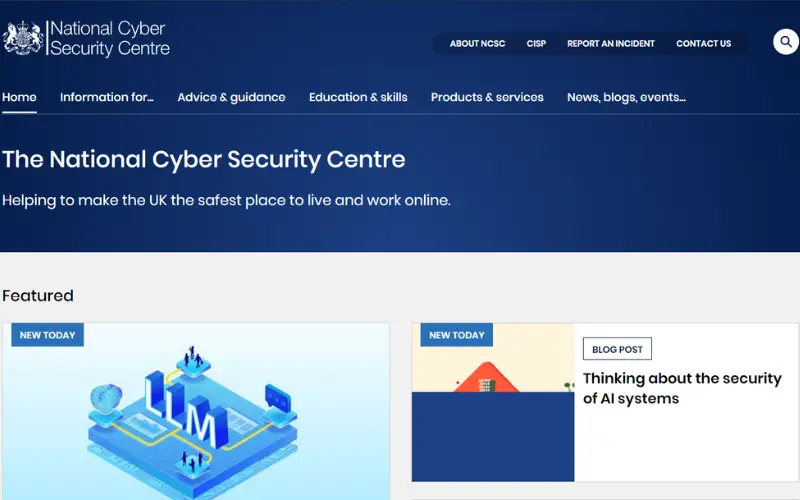
7. BSI
As Germany’s federal cyber security authority, the BSI oversees the security of national IT systems and advises public and private sectors. BSI researchers analyze malware, vulnerabilities, and attacks. They publish security standards, certify IT products, and accredit IT services. The BSI also trains cyber first responders and supports investigations by German law enforcement.

8. JPCERT/CC
Japan’s national CERT, JPCERT/CC, monitors the internet for cyber threats specific to Japan. They provide early warnings, collect and analyze technical data on incidents, and offer response support and recovery assistance. JPCERT/CC also develops best practices, conducts security audits, and raises awareness through educational programs.
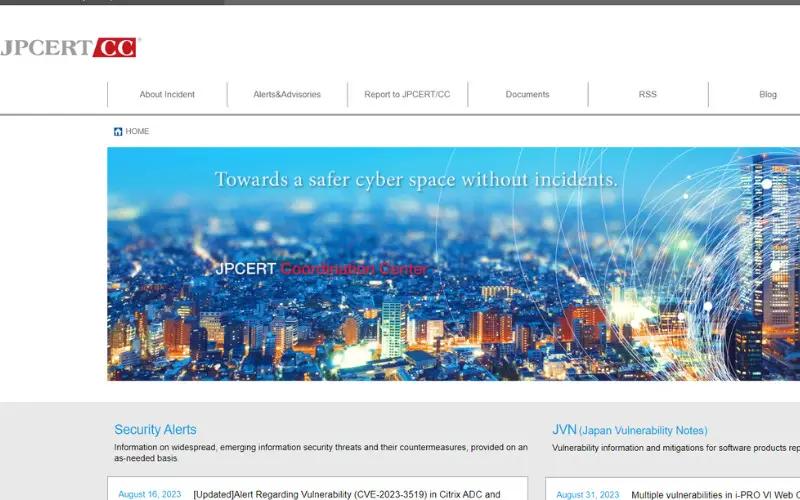
9. NUS CERT (National University Of Singapore Computer Emergency Response Team)
As Singapore’s first national CERT, NUS CERT monitors networks for attacks, collects threat intelligence, and coordinates incident responses. They work closely with government agencies and critical infrastructure sectors. NUS CERT also runs cyber security training and a vulnerability disclosure program. Their research develops new defences against emerging threats.
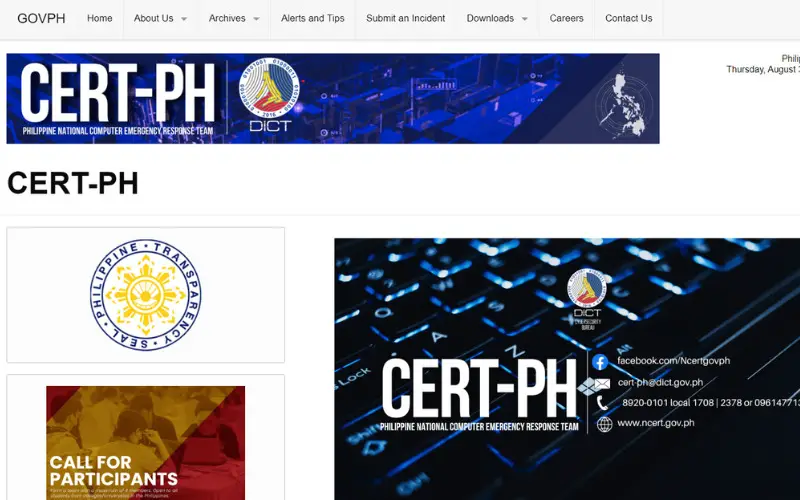
10. ISACA (Information Systems Audit And Control Association)
A global association serving IT governance professionals, ISACA has over 150,000 members in 188 countries. They develop widely adopted standards, conduct IT audits and security certifications, offer educational programs, publish research reports, and host conferences. ISACA helps organizations strengthen cyber security practices and controls through frameworks, guidelines, and sharing expertise.
